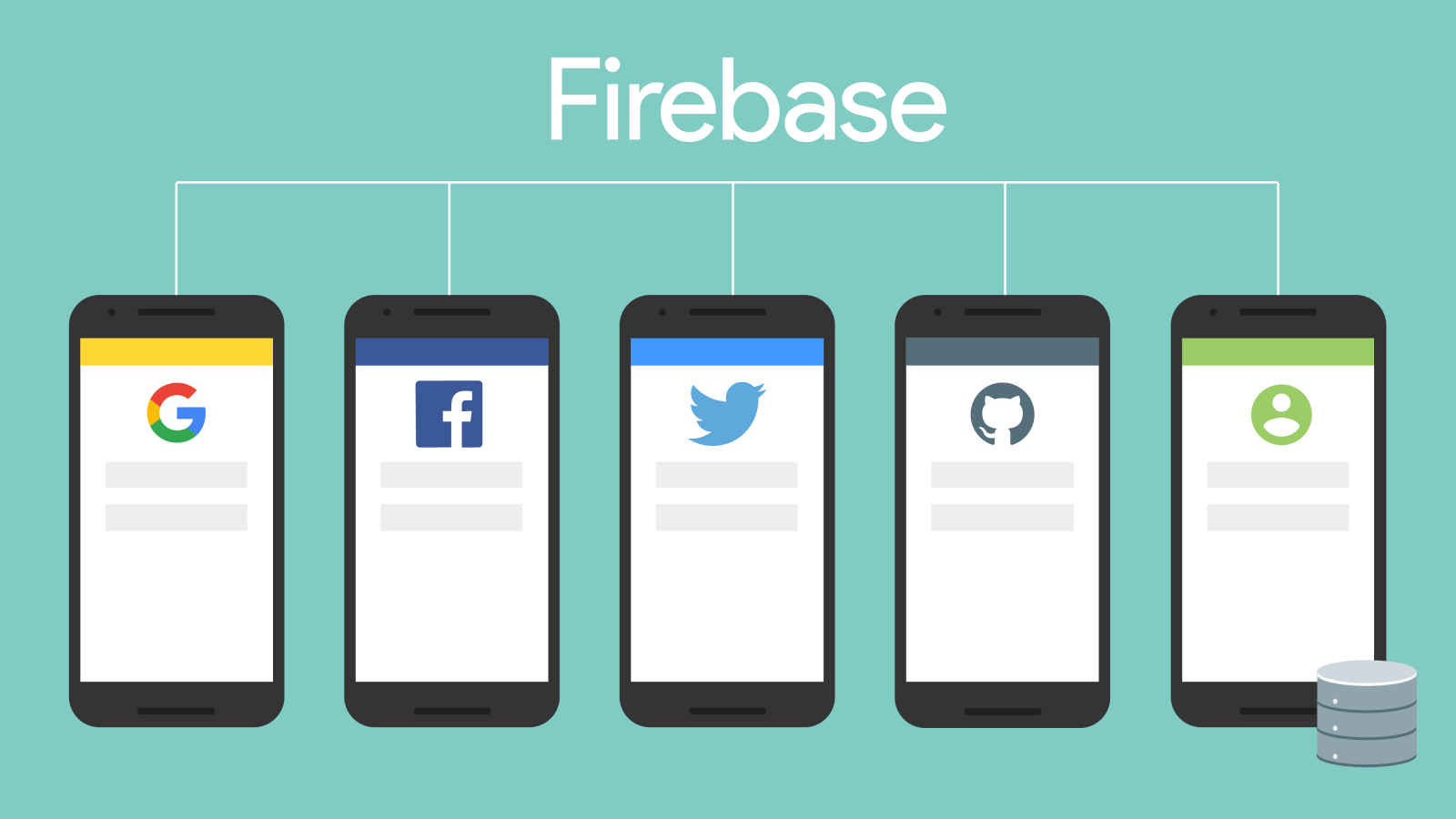Firebase is Google's backend service for when you'd rather build features than configure databases. Instead of spending weeks setting up authentication, databases, and hosting, you get it all in one SDK that just works.
The Evolution of Firebase

Originally launched in 2011 as just a real-time database, Google acquired them in 2014 for an undisclosed amount (probably expensive). Since then it's grown into a full backend platform with over 20 services. The platform now handles web apps, mobile apps, and even jumped on the AI bandwagon with Gemini integration.
Why Developers Actually Use It
The main selling point? Speed to market. I've seen teams go from idea to deployed app in days instead of months. The tradeoff? Your bill gets expensive fast and good luck ever leaving - you're stuck with their APIs forever.
Here's what actually matters:
No DevOps bullshit
Google handles scaling, security patches, and keeping things running. You don't get paged at 3am because the database crashed. Teams save a shitload of time not babysitting servers.
Single SDK everywhere
Import firebase/app once and you get auth, database, storage across iOS, Android, web. Though SDK v9 changed how imports work - had to rewrite half our auth code when we upgraded. If you're still on v8, this migration guide might save you some pain.
Real-time sync that works
Data syncs instantly across clients without implementing WebSocket connection handling or polling mechanisms. It just works, which is honestly pretty nice.
Where Firebase Actually Shines
Firebase works best for specific scenarios:
Mobile Apps
Duolingo keeps your streak intact even when your phone dies - that's Firebase real-time sync handling millions of users without breaking a sweat.
Content Delivery
The New York Times delivers breaking news without their servers melting under traffic spikes. Firebase's CDN saved their ass during major news events.
Real-time Social Features
Chat apps, live leaderboards, multiplayer games - if users need to see changes instantly, Firebase handles it.
Rapid Prototyping
MVP in a weekend? Firebase gets you there.
But Firebase will bite you if you need complex relational data, strict ACID transactions, or heavy server-side business logic. Those use cases need traditional backends.
The Cost Reality Check

Firebase pricing: there's the free tier that's actually decent for side projects - 50K reads and 20K writes daily, which sounds like a lot until you realize a single page load can eat 20+ reads if you're not careful with your queries.
Then there's pay-as-you-go: $0.18 per 100K Firestore reads, $0.40 per million Cloud Functions calls. The math gets scary fast.
Firebase costs scale with user engagement, and not in a good way. I've seen bills jump from like $30 to hundreds because someone didn't understand Firestore read pricing - every query counts as a read, even if it returns nothing. Apps going viral can destroy your budget overnight. Had one team wake up to a "Your Firebase project has exceeded its budget" email because a Cloud Function went nuts and kept calling itself. That's not how you want to start your Monday.
Set up billing alerts before you deploy or learn this lesson the expensive way. Also worth checking Firebase usage dashboard regularly - it shows exactly where your money's going.




